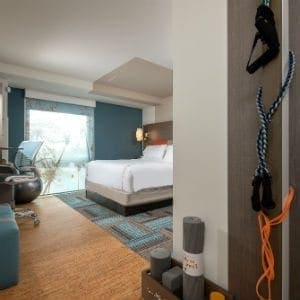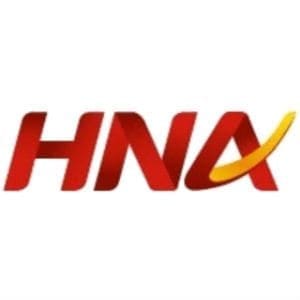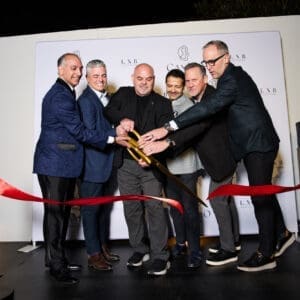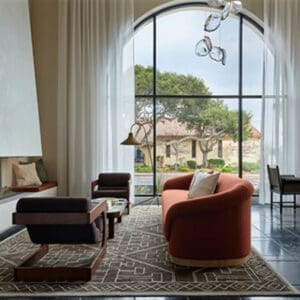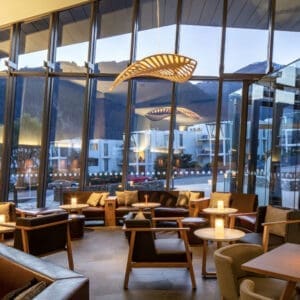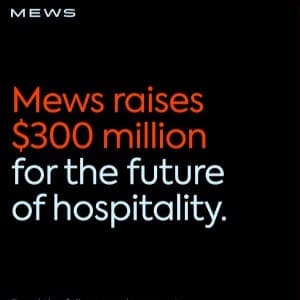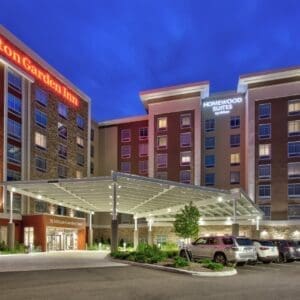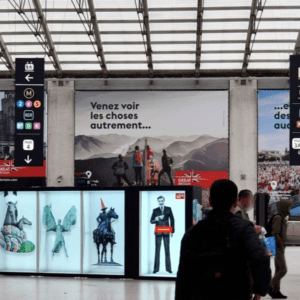 A new study by hospitality intelligence firm, HotStats, identified that the value of bookings via Best Available Rate (BAR) has increased by more than 235% at hotels in the Regions since 2000.
A new study by hospitality intelligence firm, HotStats, identified that the value of bookings via Best Available Rate (BAR) has increased by more than 235% at hotels in the Regions since 2000.
The study, Benchmarking Beyond RevPAR, which polled a consistent sample of nearly 45,000 hotel bedrooms across the UK over a 15-year period, revealed that the growth in BAR bookings was at the expense of a 17.2% reduction in rooms revenue derived from commercial-related sources during the same period.
This tidal shift towards BAR is crucial as it suggests that booking patterns are evolving from traditional channels, such as locally-negotiated corporate rates.
And whilst commercial demand historically represented a strong base of high-yielding business, which booked well in advance with a pre-agreed level of volume and high ancillary spend; in contrast, demand booked through BAR is volatile, has limited guarantees and shrinking lead times and is therefore providing hoteliers with significant operational challenges.
Pablo Alonso, HotStats CEO said of the results, “This is not to say that the volume of commercial demand at hotels in the regions has definitively fallen, but that it is highly likely that alternative methods are being used for business bookings.”
In addition to being symptomatic of a growing trend towards booking direct or via OTAs, evidence suggests there is a clear migration to bookings via BAR in line with downward shifts in the economy.
In 2007, commercial demand accounted for approximately 45% of rooms revenue at the average London hotel. In 2008, as the global financial crisis took hold, this figure plummeted to 38% and now sits at approximately 32% of the total.
During the same period, the proportion of BAR-related room revenue at the average hotel in the capital increased from 16.6% to almost 28%.
In terms of volume, the average 340-bedroom hotel polled now accommodates almost 11,900 fewer commercial-related roomnights than in 2007, with the number of accommodated BAR roomnights increasing by more than 13,000.
Pablo added, “It is highly likely that we will continue to see a trend towards booking via BAR, which may be due, in part, to OTAs, such as booking.com and Expedia, introducing loyalty schemes in a bid to compete head on with programmes deployed by global hotel companies to capture business travel.”
The HotStats publication, ‘Benchmarking Beyond RevPAR’ is available now to download for free at www.hotstats.com.


